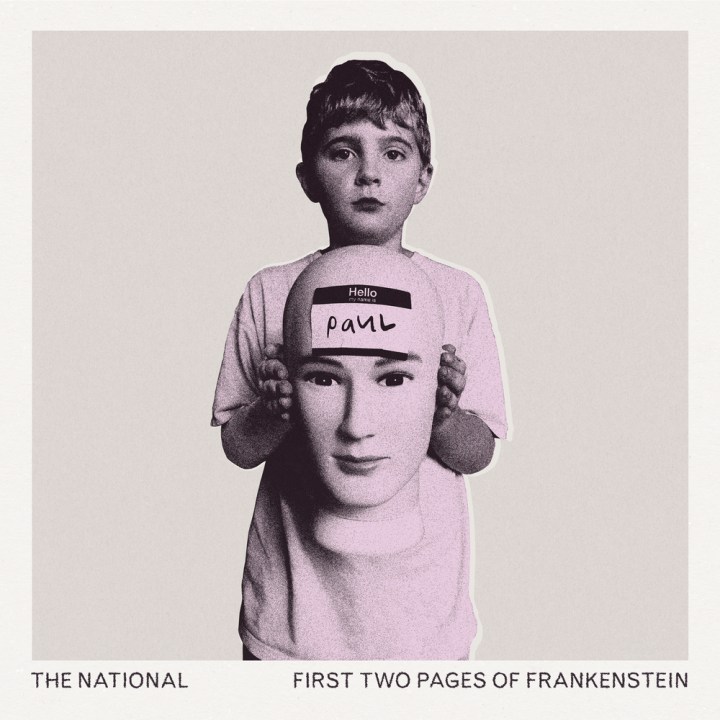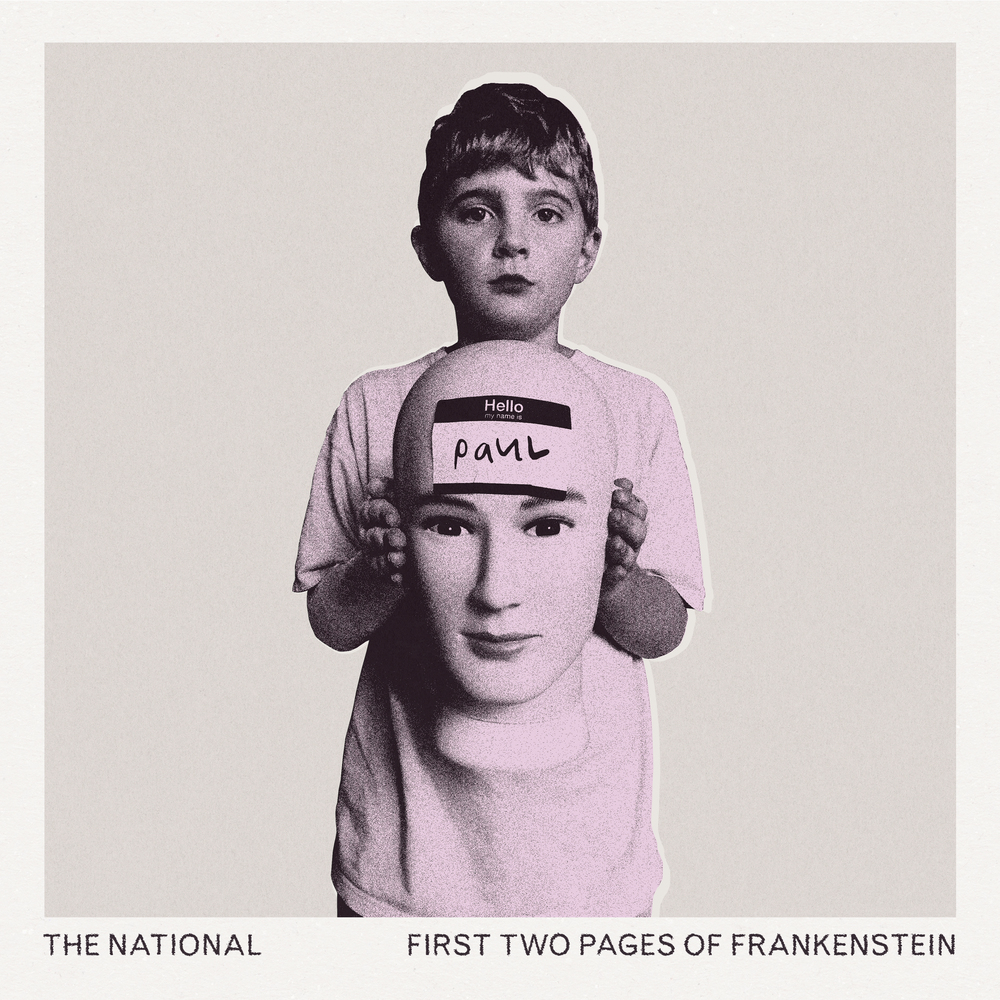Once upon a time, rock bands wished for nothing more than to look as though they posed a clear and present danger to your children. Though a few true believers still hold to this honourable creed, nowadays most groups are comprised of the kind of people one might expect to be grading your offspring’s dissertation at a respected Russell Group institution.
If the National were an author, they might be Anne Tyler
The National exemplify rock’s professorial bent: bespectacled academic types, bearded, literate, wry and congenitally suspicious of happiness. Relatability sells, apparently. Almost by stealth, the American quintet have become one of the most successful groups of the age, winning Grammys, headlining festivals and selling out arenas with wordy songs charged with a kind of pulsing melancholy; a softly anthemic intimacy. The National have become huge while seeming not to lose sight of the smallest things. If they were an author, they might be Anne Tyler.
Their ninth album, First Two Pages of Frankenstein, is named after the Mary Shelley novel that helped bring singer and lyricist Matt Berninger out of a prolonged slough of despond, a middle-life crisis articulated movingly on the undulating ‘Your Mind is Not Your Friend’ and elsewhere. When I saw the National at Connect festival last summer, Berninger laughed at the notion that fans played their songs at weddings. ‘I always think we’re more of a divorce band,’ he said. No kidding. Though he sings here about performing for ‘teenagers on ice’, this is music for their anxious parents. The album is the sound of jittery evenings, lost friends and lost faith, confusion, despair. It’s not exactly a barrel of laughs, but it’s testament to the National’s weird alchemy that it feels more uplifting than it might.
Musically, they are no revolutionaries. Twins Aaron and Bryce Dessner (aka The Busiest Brothers in Rock) specialise in the creation of skittery rhythmic backdrops, both grand and gauzy. It’s a sound they have franchised out; you can hear it everywhere right now, whether in this band or in the Dessner’s collaborations with Taylor Swift, on her Folklore and Evermore albums, Bon Iver, Michael Stipe and many others.
‘Eucalyptus’ namechecks the Cowboy Junkies and Afghan Whigs but the National are nowhere near as idiosyncratic as either band, instead landing somewhere between 1990s R.E.M. and 1990s U2, with a pinch of Arcade Fire. Some songs have chiming guitars. Others are all heart, twinkling pianos and swelling electronica: Americana Coldplay. Of the former, ‘Tropic Morning News’ and ‘Grease in Your Hair’ are tensile and urgent. ‘Alien’ burbles prettily without going anywhere particularly notable, though it’s one of the few tracks here with a chorus worthy of the word. Of the latter, opener ‘Once Upon a Poolside’ is sad and lovely while ‘The Alcott’, a slowly building meditation, features a gorgeous millefeuille of vocal counterpoints by Swift (other guests include Sufjan Stevens and Phoebe Bridgers).
It’s never less than pleasant, but a little becalmed at times. Thankfully, Berninger is an interesting writer; more interesting than the music, at least. He has a gift for the Carveresque line, and a way of building meaning and emotional heft through the accretion of detail. His arresting words and lugubrious conversational croon ensure the listener’s ear is always cocked. At their best, such as ‘New Order T-Shirt’, the dreamy music and rush of bittersweet memories meet and build to create something rather wonderful, and the opposite of scholarly.
Shakin’ Stevens never looked likely to corrupt our children. In any case, the Welsh Elvis left his teenage fanbase behind long ago, to his apparent relief. When I interviewed Stevens a few years back, he was somewhat prickly about being defined by his pop era. Thirty-three top 40 hits, including four number ones, wasn’t enough. He wanted to be regarded as a Serious Artist. Naturally, the heart sank. However, his last album, Echoes of our Times, made the case rather well, repositioning him as a roots rocker singing heartfelt songs exploring his family history.
Re-Set is more of the same, more or less. ‘May’ and ‘George’ are sentimental pen portraits of his mother (‘You gave life to 13 souls…’) and an institutionalised uncle respectively. These Who Do You Think You Are? vignettes vie with more incongruous fare. On ‘All You Need is Greed’, the man who sang ‘Merry Christmas Everyone’ in a sensible sweater sticks it to the evil bankers, while ‘Dirty Water’ is a fiery blues-rocker portraying – not altogether sympathetically – some poor whisky-sodden soul. A dreary folk dirge about Cornish miners proves you can have too much Serious Artist, and Shaky’s committed vocals strain in the top register (he’s 75, after all), but Re-Set is a respectable reboot.







Comments